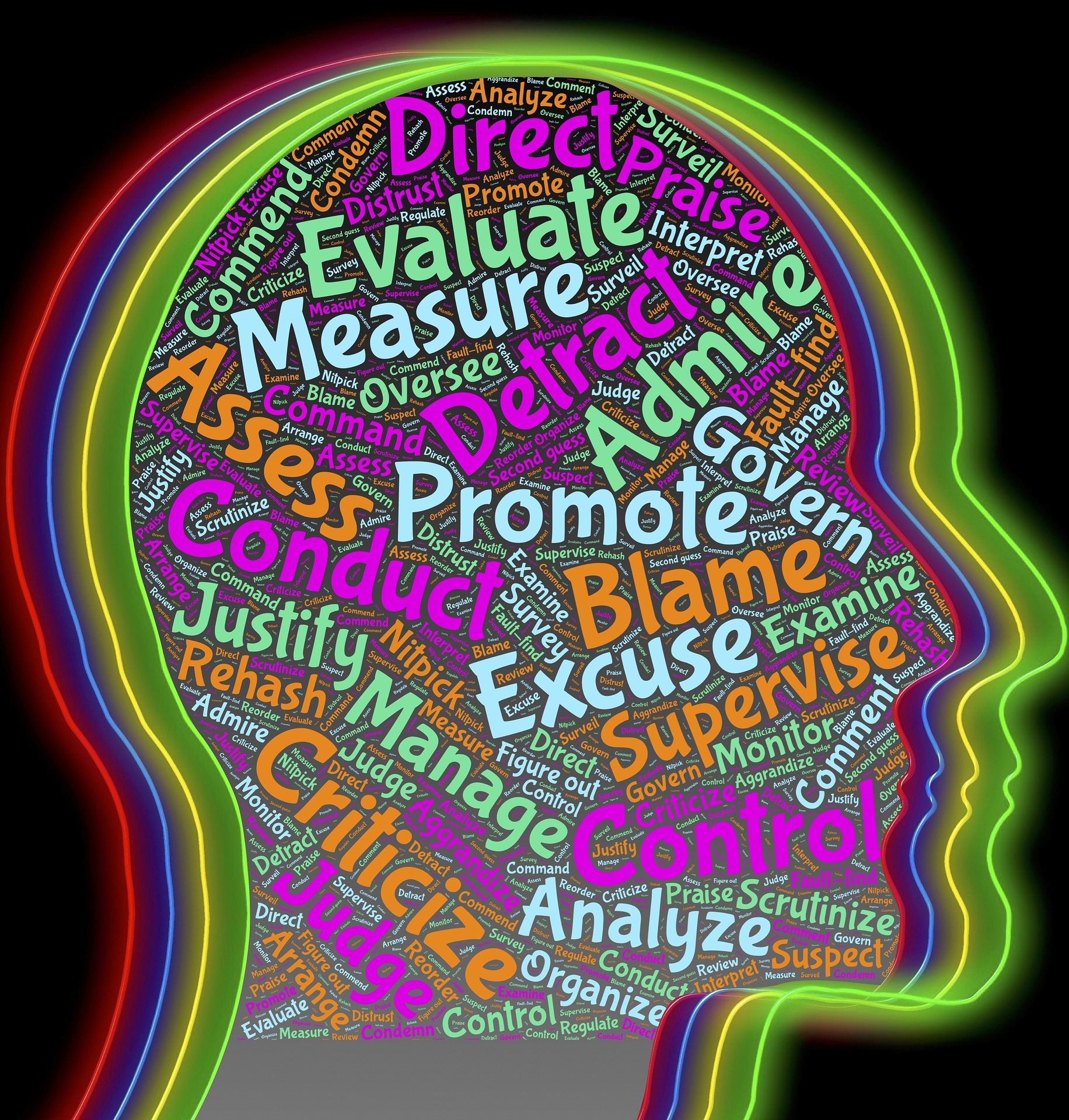My Position
Large scale assessment should not be used for the ranking of schools.
Contrary Position
Large scale assessments are a good tool for ranking schools.
“Parents use the rankings as one source of objective evidence of school performance when choosing a school for their children,” (Cowley, 2016) families need the full picture of the school their students will attend to make informed decisions about what is best for their family. School rankings give a measurable indication of how well teachers are teaching in a school and can go as far as to influence families housing decisions, looking at two school catchment areas with all other variables being equal parents are more likely to select the better school. Using school rankings to determine which school parents want their children to attend is not limited to British Columbia or Canada, parents in the Netherlands also utilize published school rankings to plan for their children’s education. There is evidence that based on school rankings in the Netherlands that more students attend schools that are ranked as high performing, “the inflow of students increases by 16–18 students in the year after publication. This increase is nonnegligible, given that the average class in our sample consists of 76 students,” (Koning & Wiel, 2013). Dutch families want the best possible outcome for their students much like parents all over the globe. When looking at the information out of the Netherlands it is important to consider that school choice is much freer for Dutch students as there are no school catchment areas and students are free to attend the school of their choice. This reflects true school choice for parents as all students can attend any school. Ranking schools allows families to make informed decisions about their student’s education and choose schools that reflect their family’s values.
Rankings also allow school leaders to determine how a school is progressing or regressing over time, enabling educational leaders to plan for effective instruction, “The act of publicly rating and ranking schools attracts attention and can provide motivation” (Emes & Cowley, 2022). As educational leaders it is important to know how schools are doing relative to other schools your region to allow for planning and advocating for resources to improve student learning. A school that is showing lowered success rates on large scale assessments is in need of additional supports to raise their success rates particularly when neighbouring schools with similar socioeconomic and community factors are preforming better. “When results falter, better informed parents make better advocates for school improvement,” (Cowley, 2016) parents are key parts of the educational system and can be vocal advocates for their schools and students given the opportunity. Parents have the ability to attend school board meetings and speak out for resources in public forums such as on social media in a way teachers and administrators do not. Parents also have a role in developing school action plans for learning and are better informed participants in the process when they are able to compare their child’s school to others with similar demographics to determine if the school is on track and influence school goals. Test results have been used in this manner since the late 1800s as documented by Linn’s 2001 article, having this history of test results especially for older schools enables families and educators to make informed decisions around school choice and to dedicate programming and funding to school improvement. The data from large scale assessments allows families not only to choose the school that is the best fit for their student but allows educators to make informed decisions about educational outcomes and improving the educational outcomes of their students.
References
Cowley, P. (2016, Feburary 1). Why on Earth would anyone want to rank K-12 schools in Canada? Retrieved from Fraser Institute Blog: https://www.fraserinstitute.org/blogs/why-on-earth-would-anyone-want-to-rank-k-12-schools-in-canada
Emes, J., & Cowley, P. (2022). Report Card on British Columbia’s Elementary Schools 2022. Retrieved from Fraser Institute: https://www.fraserinstitute.org/sites/default/files/bc-elementary-school-rankings-2022.pdf
Koning, P., & Wiel, K. v. (2013). RANKING THE SCHOOLS: HOW SCHOOL-QUALITY INFORMATION AFFECTS SCHOOL CHOICE IN THE NETHERLANDS. Journal of the European Economic Association, 466-493.
Linn, R. L. (2001). A Century of Standardized Testing: Controversies and Pendulum Swings. Educational Assessment, 29-38.
Martin, M. O., & Kelly, D. L. (1996). Third International Mathematics and Science Study. Technical Report. Volume I: Design and Development. Chestnut Hill, MA: Boston College, Center for the Study of Testing, Evaluation, and Educational Policy.






